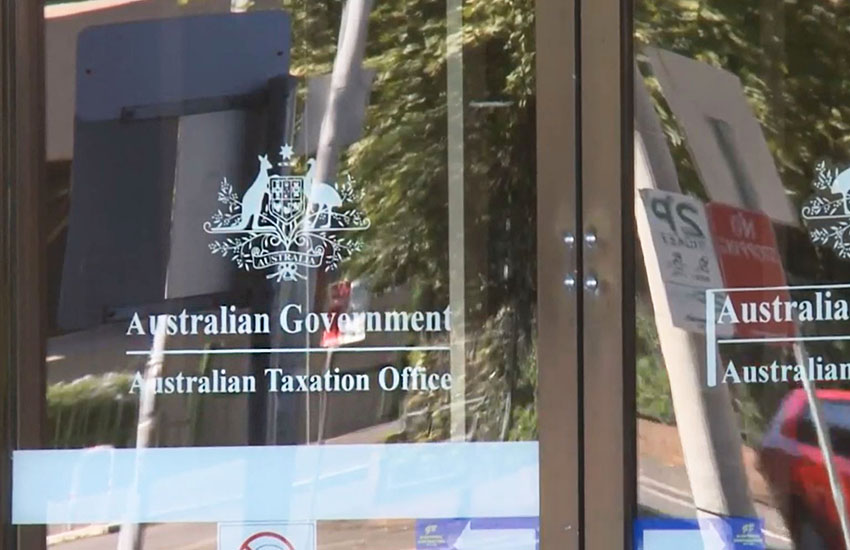ATO warns of new TFN robocall scam
RegulationScammers masquerading as the ATO and other government agencies are now demanding personal details such as tax file numbers by threatening arrest.

The latest June scam report by the ATO has revealed that scammers are now sending members of the public automated phone calls pretending to be from the ATO, as well as other government agencies including Services Australia and the Department of Legal Services.
These automated calls claim the taxpayer’s tax file number (TFN) has been suspended and that there is a legal case against their name, before being directed to press “1” or risk being referred to the court and arrested.
According to the ATO, a scammer will eventually inform the taxpayer that their TFN had been suspended due to money laundering or other suspicious or fraudulent activity and that there are several allegations against them.
They will then be asked to provide the last four digits of their TFN, address, date of birth, name of their bank account, and the approximate amount of money in the account/s.
Taxpayers have been advised to hang up immediately if they received such automated calls and to never provide the information requested.
“We will never send unsolicited pre-recorded messages to your phone or threaten you with immediate arrest,” the ATO said.
“If you aren’t sure whether an ATO call is legitimate, hang up and phone us on 1800 008 540 to check.
“Scammers are constantly developing new ways to steal from the community and will often try to take advantage of people when they are most vulnerable.”
The new scam comes after Minister for Communications and Cyber Safety Paul Fletcher announced last month that a combined effort by the government and the telcos had succeeded in blocking scam calls appearing to originate from legitimate ATO phone numbers.
These scam calls had used software to “overstamp” actual phone numbers — often an overseas number — with widely publicised ATO numbers, in what is commonly known as “spoofing”.
In 2019, the ATO received over 107,000 reports of such spoofed calls from the community.



